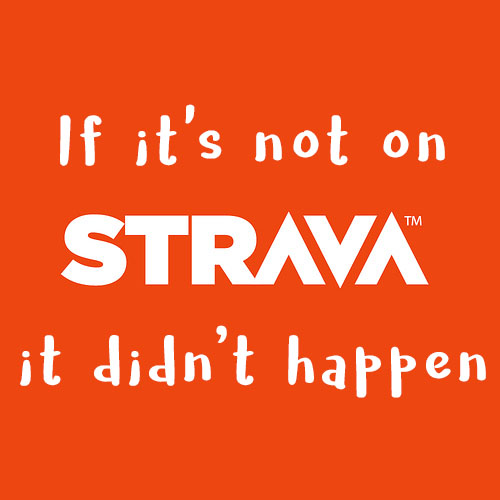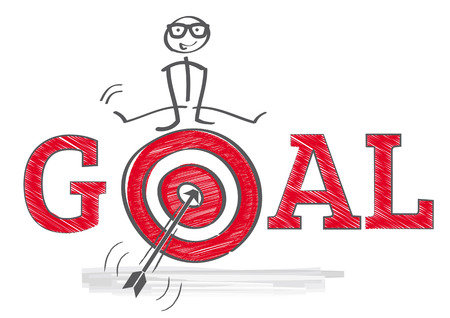Ineffective goal fixation
I have an embarrassing number of phone charging cables. And I keep buying more. A few years ago I did a long distance cycling event. I was using my phone to navigate and during in my charging cable to a backup battery failed. I had maps on my phone, a fully charged back up battery, a nearly flat phone and a broken charging cable.
To prevent this happening again I got a couple of replacement cables which I could keep in my saddle bag. Then I got one to keep in my car. Then one to keep in my wash bag so I always have one when I go away. From there it escalated and now I have cables everywhere. Sadly the new iPhone cables are somewhat fragile so I figure the more the merrier. I even have spares in a draw so I can bin the dodgy ones and replace them before I forget.
The original problem, however, no longer exists. I have a Garmin for navigating on my bike and the battery lasts for ages. I am unlikely to get lost without maps (or even worse without capturing data to upload to Strava).

My problem now is one of ineffective goal fixation. I set a mental goal to ensure I was never stranded without a charge. I repetitively engaged in activities to achive this goal. In doing this I subconsciously spawned sub goals and set about achving those (cables in the car and the wash bag). I never checked back to see if the goal had been satisfied (it probably was at 2 spare cables). I never reviewed the gaol to see if it was still valid (it wasn’t once I had the garmin). I just created a mental association of more cables = good and engaged in behaviours towards this.
This does not just happen with iphone cables. It can happen with research for a report or presentation. I can dive deeper and deeper without checking if what I have is enough.
To prevent this happening it is worthwhile periodically checking back on goal driven behaviour to see if it is still useful. Is the action you are about to engage in contribution to some goal and if so is that goal valid? Would your time or money be better spent elsewhere? Time I spend researching more on a topic for a speech is less time I have for finsing arty graphics to add interest to the powerpoint 😉
The book Achieve the Impossible presents a tool called the wheel of success. Every challenge has a number of determinants of success. These components need to be kept in balance to ensure overall success.

